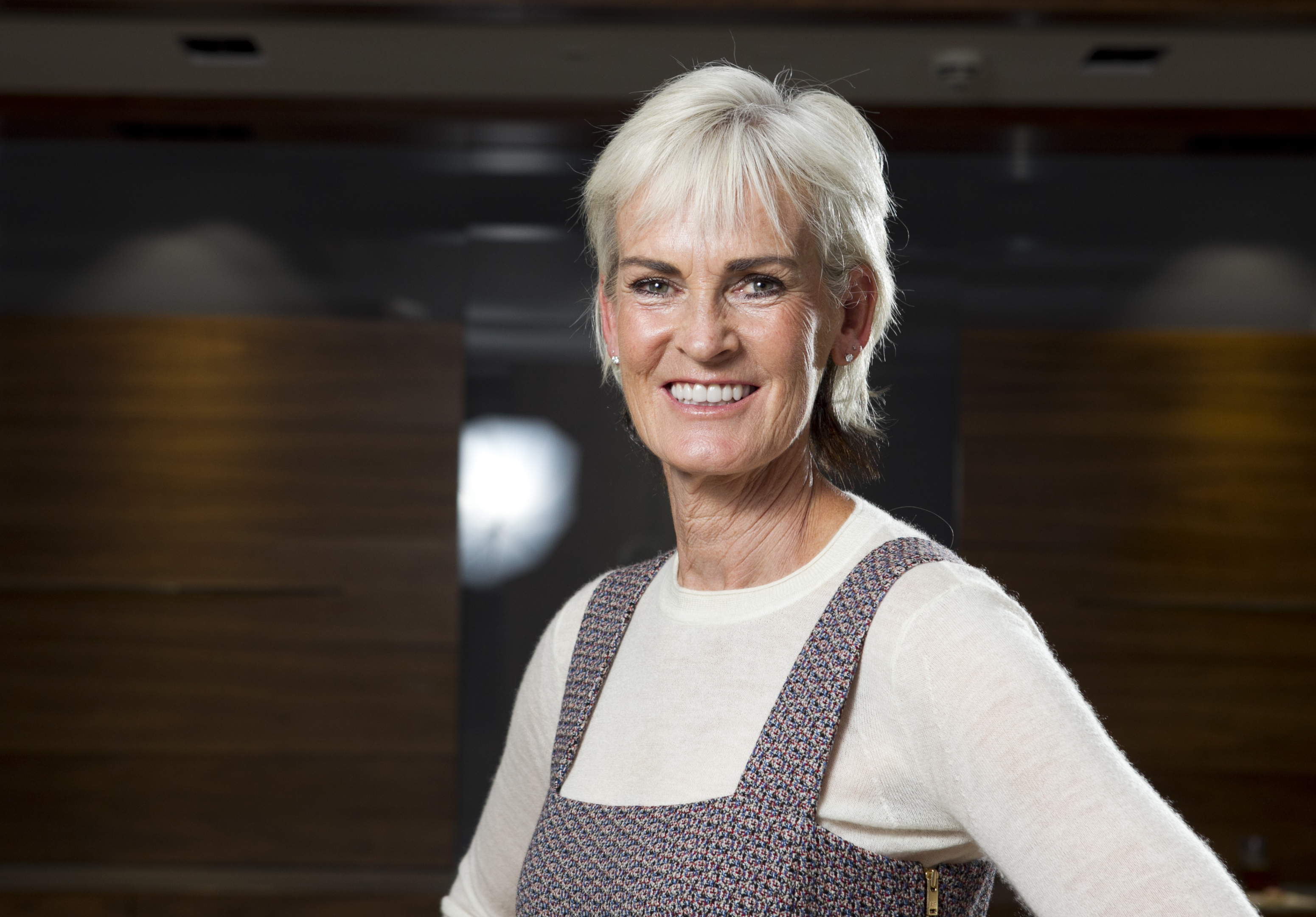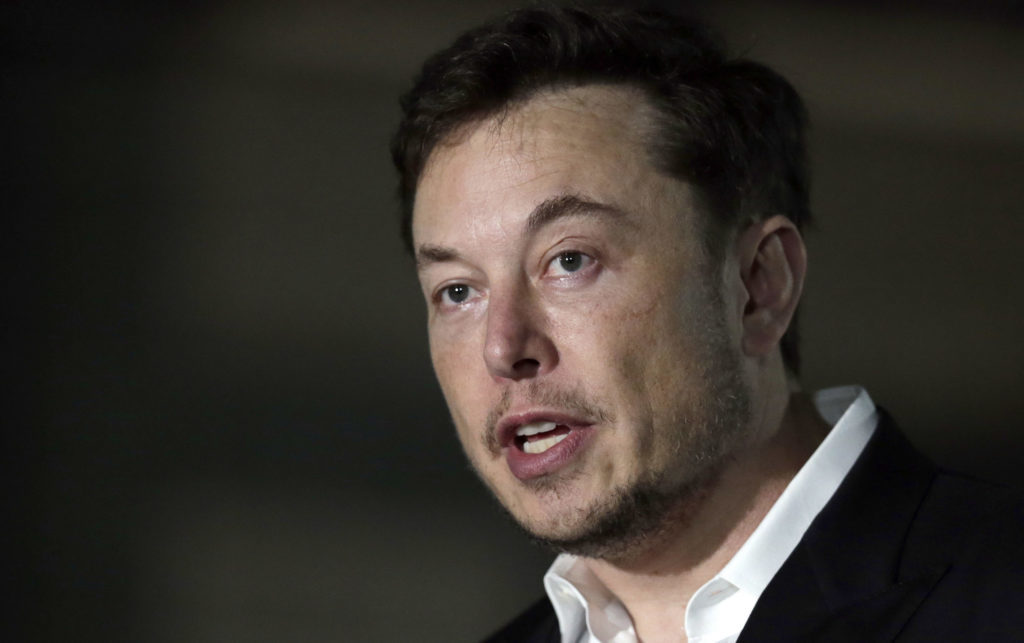
It restored my faith in humanity to read the open letter from 102 of the world’s richest people urging governments to tax them now to help pay for the response to the pandemic and protect the poorest.
I loved that they said their money can be used to provide sustainable increases for the long term in health care and help tackle inequality. How refreshing! And not before time.
The letter, published as world leaders and business giants met for the virtual Davos World Economic Forum, said that: “Restoring trust requires taxing the rich. The world – every country in it – must demand the rich pay their fair share. Tax us, the rich, and tax us now.”
There’s not a soul out there who wouldn’t agree with that. Especially when Oxfam also reported that the 10 richest men in the world have seen their global wealth double to $1.5 trillion (£1.01trillion) since the start of the pandemic because of a surge in share and property prices.
The charity wants governments to impose a one-off 99% wealth tax on Covid windfall gains after World Bank figures showed 163 million more people had been driven below the poverty line while the super-rich coined it in as governments tried to lessen the impact of the virus.
Oxfam reckons 99% of the world’s population had reduced incomes from March 2020 to October 2021, while Tesla founder Elon Musk, and the other nine richest billionaires had been collectively growing wealthier by $1.3bn a day.
The charity has calculated that a windfall tax on the Covid wealth gains of the top 10 billionaires could pay for enough jabs to vaccinate the entire world and provide the resources to tackle climate change, provide universal healthcare and social protection, and address gender-based violence in 80 countries. Even after a 99% levy, they would still be $8bn better off between them than they were before the pandemic.
It is particularly good to know – after the news in recent weeks has been filled with allegations of our government giving contracts to cronies and making the rich richer – that there are a number of enormously wealthy people out there who agree they can afford to pay more and want to do so.
It has been a tough two years for us all and their help is hugely needed. This idea is obviously the right way to help create a fairer, more balanced society. It is the Robin Hood effect but without the theft.
Hats off to Oxfam too for their research. The sums they are talking about are the kind of wealth that most of us can never ever imagine. What are the super-rich going to do with all of that money? What can they ever spend it all on? No one lives forever, and as my granny used to say “they don’t put pockets in shrouds”. Using more of their wealth to alleviate the suffering of those in poverty and to ensure a better society for all must surely come with a massive feel good factor.
You would hope that by so many of them – 100 – putting their hands up and saying “we’re ready to help,” others in a similar position will say, “You know what? So will I. There’s been enough suffering.”
Now the governments of the world need to take them up on it and come up with appropriate mechanisms for collection or donation to ensure that this goes ahead and that does not turn into “all talk and no action”. And sooner rather than later.

Enjoy the convenience of having The Sunday Post delivered as a digital ePaper straight to your smartphone, tablet or computer.
Subscribe for only £5.49 a month and enjoy all the benefits of the printed paper as a digital replica.
Subscribe